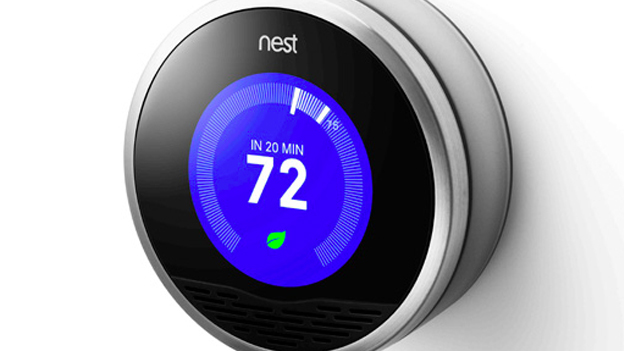Google's next future tech endeavor is ... smart thermostats?
For the sake of the energy grid

Years from now, when we're all peering at each other through Google Glass from the comfort of our self-driving cars, we may be able to rest assured that our homes are running as efficiently as the robots making our gadgets.
The word from two informants of The Information (pay wall) as well as a document the site reviewed is that Google is testing its own internet-connected thermostats, a homely device if there ever was one.
The climate controllers, part of a project reportedly called EnergySense, would help people keep tabs on their energy use and help them make adjustments accordingly. You know, like a thermostat would.
Mountain View may be making use of hardware from smart thermostat maker Ecobee, though the company's CEO said it wasn't working with Google.
What a gas
One of The Information's sources said Google isn't looking to compete with Nest, that other major maker of smart thermostats, though it seems only natural competition would arise if Google decided to get into smart climate control racket.
Still, the Nexus 5-maker is said to have designs on making a more efficient energy grid, not ruling the isles of Home Depot. To that end, Google will reportedly launch a pilot program to generate energy-focused applications and services.
Non-Google employees have supposedly been tapped as "Trusted Testers" of Google smart thermostats in St. Louis, Mo., among other locations, though there's no indication when the EnergySense pilot will officially launch, if ever.
Get daily insight, inspiration and deals in your inbox
Sign up for breaking news, reviews, opinion, top tech deals, and more.
Via Engadget
Michelle was previously a news editor at TechRadar, leading consumer tech news and reviews. Michelle is now a Content Strategist at Facebook. A versatile, highly effective content writer and skilled editor with a keen eye for detail, Michelle is a collaborative problem solver and covered everything from smartwatches and microprocessors to VR and self-driving cars.
